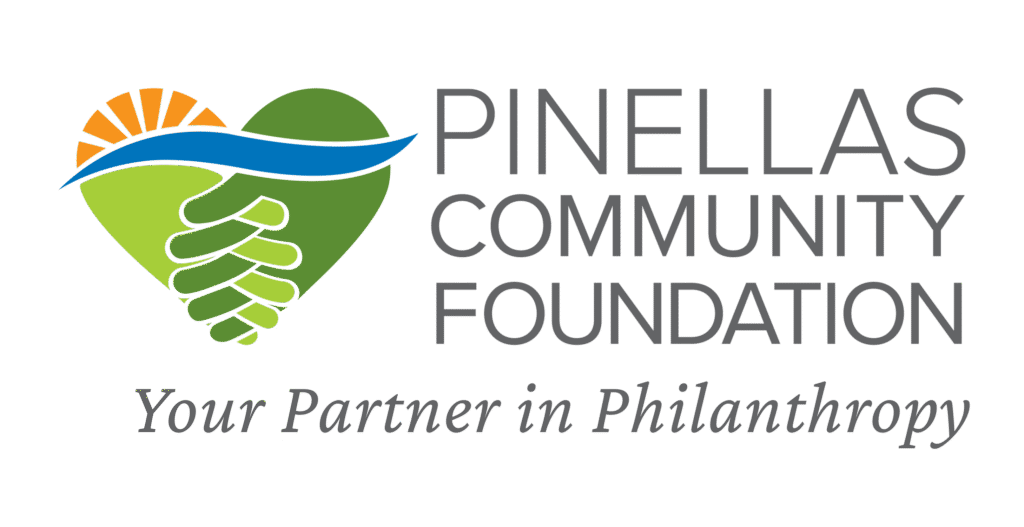Project Prosper offers programs to immigrants and refugees in the Tampa Bay area to help them navigate the U.S. financial system to achieve stability and self-sufficiency.
When immigrants move to the United States, transitioning financially can be a challenge. They are often unfamiliar with U.S. systems and policies, which can be very different from the financial systems in their home country, and many are dealing with language barriers. They can also be vulnerable to loan sharks or scams.
Transitioning to American Finances
Project Prosper was founded in 2007 by Robin Warren and Ann Haendel. Now, the organization offers three programs to help immigrants make the transition: a loan program with financial mentoring, financial literacy courses, and a microenterprise business course. The loan program is approved for one-time expenses, repayable in 36 months at no interest, although borrowers must pay a 10% “self-savings” interest that is returned at full repayment of the loan. The financial literacy courses teach the basics of financial independence, budgeting, credit, loans, banking, and more. The microenterprise course offers entrepreneurial clients with an introduction to American business practices.
The programs are straightforward and can truly transform the lives of immigrants. Faye Steinhauser, executive director, says one thing she’s learned since joining Project Prosper is what a resourceful person can do with a small amount of money. She’s seen clients start and grow businesses. She explains that there really is a snowball effect that comes from one tiny loan, so it can really make a huge difference to people.
Community Partnerships Fuel Fast Growth
Faye has also watched Project Prosper’s immense progress since she joined in 2018 as the organization’s first executive director. The organization has gone from being almost completely volunteer-led to being managed by a full-time staff. “We are moving from a very grassroots organization to an organization that is a little bit more formal.” As the organization continues to expand, it is constantly updating the programs and introducing technology to increase its reach. Project Prosper recently increased the loan amount from $1,500 to $2,500.
The biggest contributors to the agency’s success, according to Faye, are the incredible volunteers and Tampa Bay partners. Volunteers allow Project Prosper to accomplish so much more, as they help run the programs and provide pro bono services. The partners they’ve met in the area have “welcomed us in, given us fantastic feedback on working with clients, helped us to refine programs and identify needs in the community that weren’t being met.” As new populations arrive in Pinellas County, Faye says learning and adapting is essential. “It’s important to understand a little bit about the culture and who these people are. Partners help us understand who we’re working with.”
And, of course, “funders have been tremendously important.” This is the first year Project Prosper has received funding from Pinellas Community Foundation, and Faye is already appreciative of the marketing and awareness support to help raise the organization’s profile.
Overcoming Financial Limitations
The main challenge for Project Prosper continues to be funding and capacity. Faye says she has big dreams for the organization, but of course, can only accomplish so much with financial limitations. Additionally, as the cost of living in Pinellas County rises, some immigrants are being pushed out of the area. The organization’s response to relocating populations will be to follow them, although “it would be really sad to see the Pinellas community lose these populations.” Project Prosper is currently piloting e-learning courses that could help them expand their reach beyond geographical constraints.
Volunteer involvement is critical to Project Prosper’s success. Sharing information about Project Prosper programs is a great way to ensure we all prosper in Pinellas County. Community members can provide financial mentoring, teach financial literacy classes, or donate any professional or personal skills such as marketing and video production. Translators and interpreters in any language from Spanish to Arabic or Chinese are also welcome.
Learn more about and contribute to the Pinellas Community Foundation funds based in Tarpon Springs.



